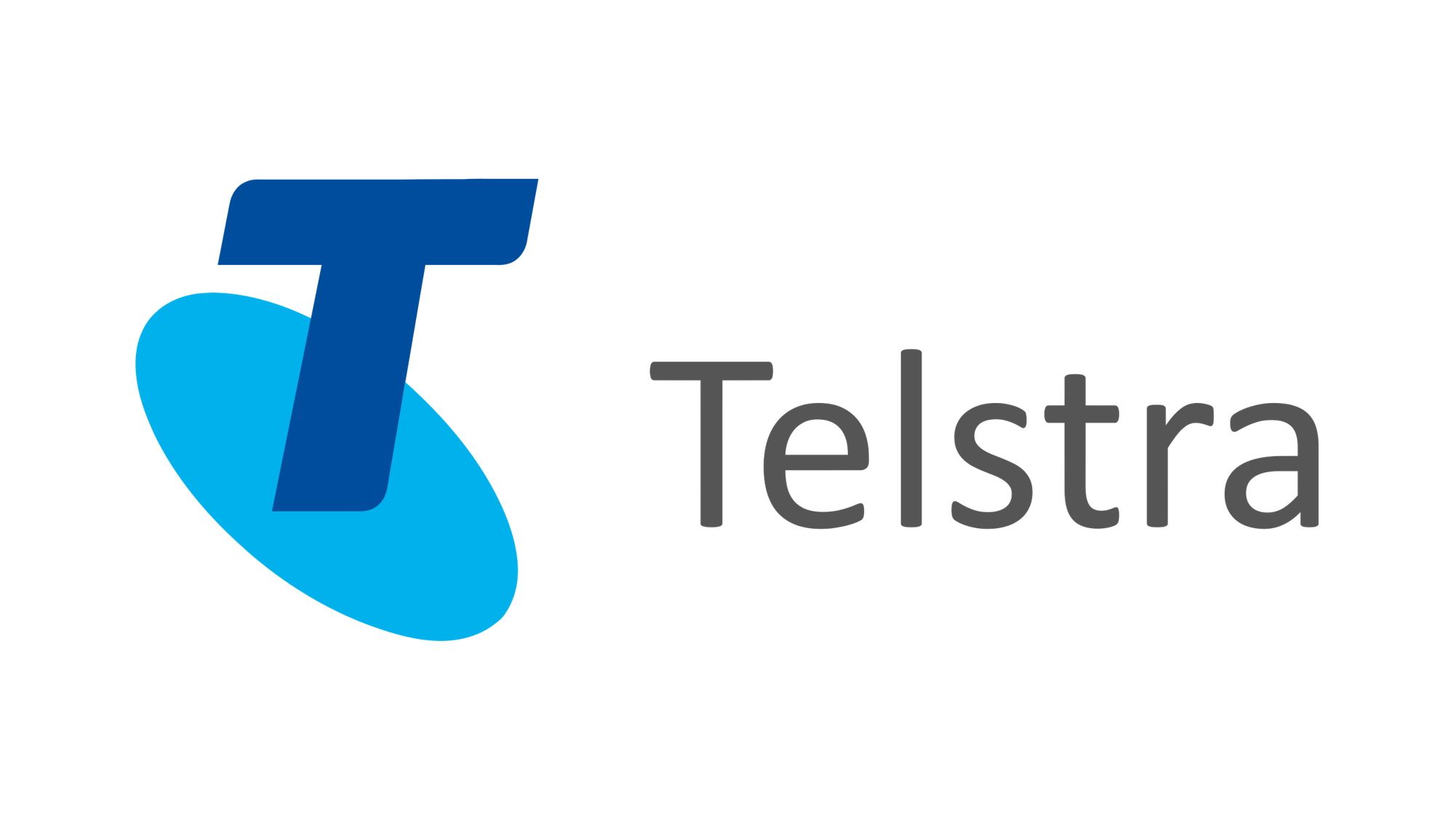Telstra has moved to effectively ditch post-paid mobile plans, removing plans that offer bills with 14 days to pay, and instead replacing them with bills payable on issue, automatically, by direct debit.
In a move which the telco says “will give greater price certainty” to consumers, all it really does is take away their flexibility.
Telstra announced the change today, claiming the change will allow you “to know exactly how much your plan will cost each month with no nasty surprises” … you know, exactly the same as their current mobile plans do.
Rather than allowing customers to receive a bill and have a set amount of time to be able to pay it, Telstra will simply direct debit the plan fee from the user’s nominated bank account.
For users who exist pay to pay – as many Australian’s do in a post-COVID world – having direct debits that come inflexibly on a set day can be a real nightmare; if a company debits a charge when there’s insufficient funds, it’ll either dishonour, or you’ll be charged an overdraft fee.
The plans have even been labelled “Upfront” plans by Telstra .. making them little more than automatically renewing pre-paid plans. The new plans will become the default by April 2021, with existing plans no longer being offered. Here’s how they work:
There are no more bills
Your monthly payment date is aligned to the start date of your new upfront plan. We’ll debit the monthly cost from your nominated payment method, credit card or bank direct debit, and give you a digital tax invoice once it’s been paid. You can view your payments and download your invoices using the My Telstra app.
Of course, Telstra has included some features which might entice new users, such as data sharing with up to 10 services on the same account. There’s unlimited talk and text on every plan, and 30 minutes of overseas calls (previously, you paid $10 extra for this).
All plans include unlimited data, with speed-limiting to 1.5mbps after included “full speed” data has been used. Starting at $55 per month for a 40GB plan, the plans don’t – for now – support international roaming, and they also won’t work with number-sharing smartwatches from Samsung or Apple.
Even eSim isn’t supported, and given Telstra kind of led the way with eSim, this is very disappointing.
From my perspective, this is a remarkably stupid move. Sure, it might save Telstra some difficulty in chasing delinquent accounts, but it also sets Telstra clearly apart from its competitors who will – you’d imagine – point out that allowing customers flexibility in payment terms is one of their drawcard features.
Given how many times Telstra has changed its plan offerings over the last couple of years, one imagines these Upfront plans might only last six months or so before being replaced with “all new and improved” post-paid plans again.





With the old 2 weeks to pay you could dispute a bill. Now you can’t unless you I suspect jump thru lots of hoops for a credit.
With this unsane stupid move Hellstra are doing, I decided to look at what Vodafail has to offer.
In the up front Vodafail T&C for their SIM only plans, they have this nice little nastygram gotcha:
“Tethering permitted but for personal devices only and not as a substitute for a home internet service.”
And since my Android tablet _IS_ actively being used on Hellstra as a WiFi hotspot for home internet access, I get screwed yet again.
It would be very nice to know precisely who at Telstra is guilty of coming up with this and pushing to get it made company policy, so they can hauled before the courts for deliberately going out of their way to cause severe emotional and financial distress for Telstra customers (maybe Telstra victims is a more accurate term?).
What’s the big deal? A phone plan is now a subscription just like Netflix
Stupid move? This is how the world works these days, get with the times… Is Netflix stupid because they charge your card $19.99 each month? What about your ISP, YouTube Premium or G-Suite, do you get a bill and 28 days to pay it? Why would you want to waste your time paying another bill it when its the same amount each month? One might argue Telstra as the last provider to *not* do this…
I imagine that this is all part of a grand cost-saving scheme (like with the cutting of 1400 jobs) to try and get as much revenue on time as possible. But it’s like saving pennies by burning dollars – they’re going to lose a lot of goodwill.
Relax. This plan is on their new stack and they won’t get rid of the current plans until there is feature parity (eSIM, roaming, etc) which they are gradually building.
Why the hell would they scrap eSIM’s? What about people who actually use dual SIM phones for less hassle with personal/work numbers. This is an incredibly dumb move
Direct billing is driven by Telstra’s move to a new (salesforce based) billing system. It’s not yet finished, which is why features like e-sim, roaming and Telstra Air are missing.